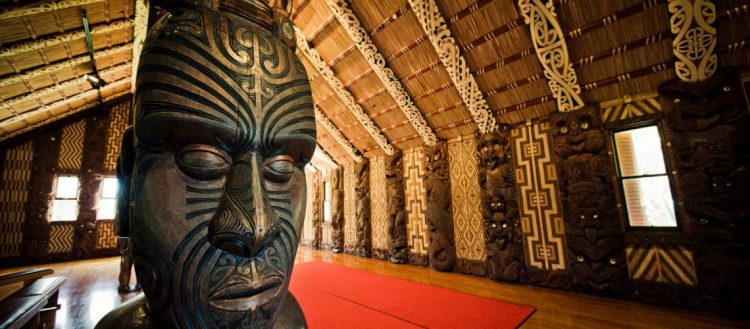New Zealanders will have their first Matariki public holiday on Friday 24 June. The celebration marks the beginning of the Māori new year.
Matariki is the name of a star cluster also known as Pleiades. During New Zealand’s winter, the star cluster is visible before sunrise towards the northeast horizon. Its appearance heralds the end of one year and the beginning of a new year in the Māori lunar calendar.
Dr Rangi Matamua, a Māori astronomy expert who won the prestigious Prime Minister’s science communicator award for his work on raising awareness about Matariki, says that the celebration is both spiritual and social.
It is spiritual in terms of remembering those who have passed during the year.
“It’s [also] a gathering point for all people to come together and celebrate what has happened in the year gone and let it go. To celebrate who we are presently and to wish for the promise of a new season and a new year.”
Rereata Makiha, a renowned Māori astrologer, says that Matariki is celebrated through sharing food, stories and time together.
In the past, life revolved around gathering food to ensure survival during the winter months. After the hard work of the harvest season, during the cold months of the Māori new year, people would gather to keep warm, share food and entertain each other through storytelling.
“All of our history was passed down through stories, pūrakau,” says Makiha.
A resurgence of the new year celebration started during the mid-1990s. In 2020, a petition was started to make Matariki a public holiday. The government officially signed it into law last year.
Although it’s traditionally Māori, Matariki is for all New Zealanders, Matamua says.
“It’s not a Māori celebration any more in my mind. It’s become a national celebration and that’s its future for me and I think that’s a wonderful part about Matariki.
This sentiment was echoed by New Zealand Prime Minister Jacinda Ardern.
“Matariki will be a distinctly New Zealand holiday; a time for reflection and celebration, and our first public holiday that recognises Te Ao Māori.”
The calendar date for the holiday will shift each year to align with the Māori lunar calendar and will always be on a Friday.





























































